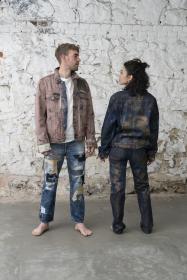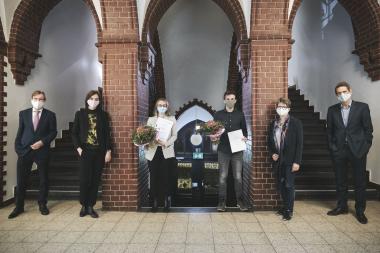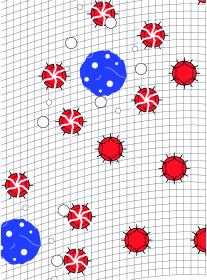Officina39 returns to Bangladesh Denim Expo with latest sustainable developments
Officina39 will attend the Bangladesh Denim Expo in Dhaka on 10-11 May, a new edition after a two-year break, characterized by a focus on sustainability and the central theme "Beyond Business".
Officina39 has been committed for years to the reconversion of the sector’s technologies to an environmental point of view: this attitude is expressed in its latest Trustainable™ collection FW 23, based on the approach of honesty, transparency and social responsibility that drives the company. Officina39 will present Aqualess Fade, a technology just recently presented at Kingpins that recreates the bleaching effect of chlorine on fabrics, a waterless special compound for the discoloration of denim on indigo/black garments which is reducing resource consumption and environmental impact.
Aqualess Fade completes and integrates Aqualess Mission, a combination of technologies that allows garment laundry processes to reduce 75% of the water use. Until now, the process included three eco-friendly technologies: Novascraper Indigo, a laser finishing technique that adds a natural, vintage look to denim garments; OZ-ONE Powder, an advanced product to give garments a bleached yet eco-friendly treatment, for a worn and distressed look; and Aqualess Aged, a waterless compound to give denim abrasion effects. Specifically, this last revolutionizing product has recently marked an important achievement which adds to the company’s sustainable credentials: Officina39 received, for its Aqualess Aged, the DeniSafe® certification of enzyme product(s) by Novozymes for safe production and safe use through dry application.
Bangladesh Denim Expo is also ideal for presenting the results of The Circle Book 2, the second chapter of a collective project gathering ten high-profile players of the textile supply chain. Officina39’s Recycrom™ technology and the expertise of Meidea, Lenzing, Tejidos Rojo, Calik Denim, Ribbontex, Spring85, Dr. Bock Industries, Crafil and RGT have merged together on the development of CULTURE.IN, a circular capsule collection transparently made from recycled and degradable materials: a practical demonstration of how the fashion industry can improve considering social and environmental impacts and goals.
Officina39 / Menabò Group srl








